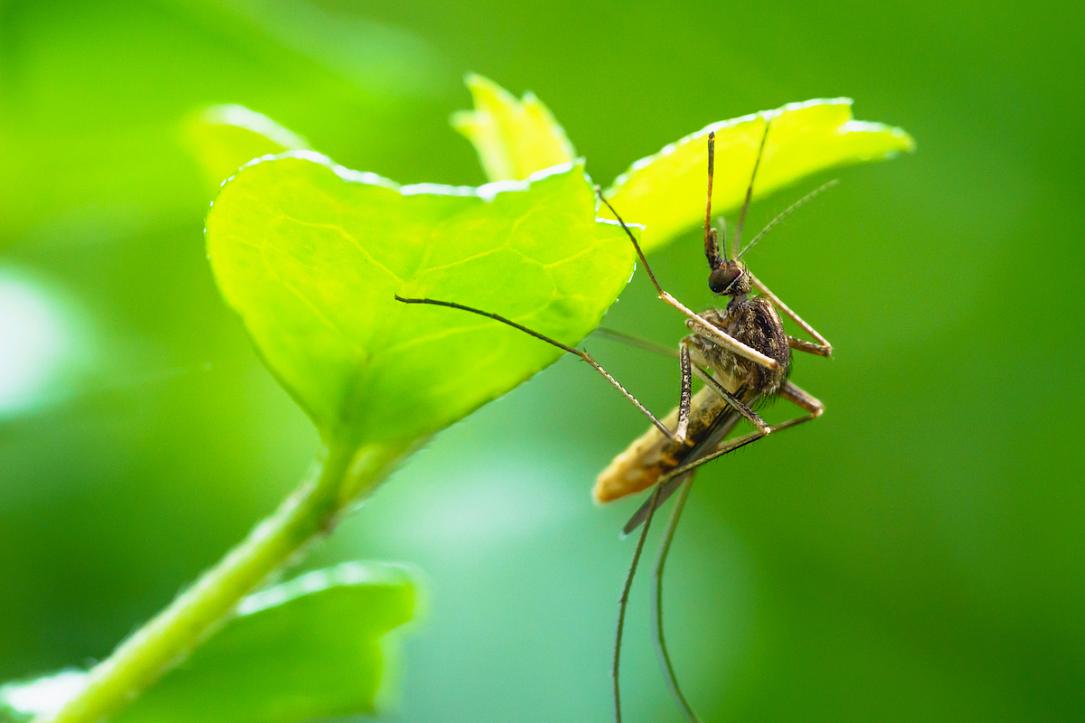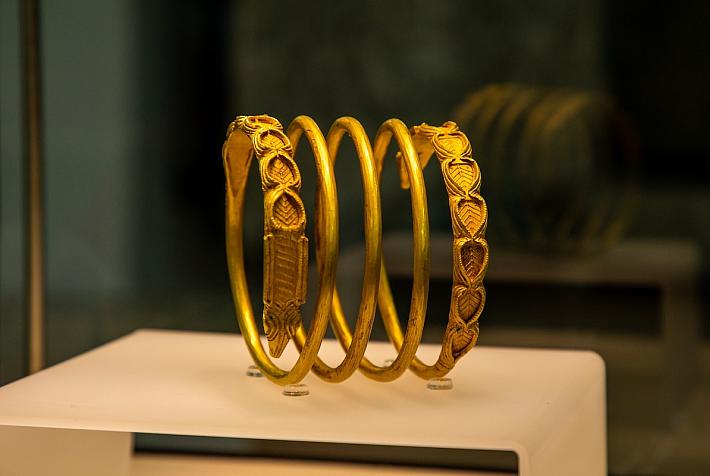Mosquitoes carrying West Nile virus found in Bucharest

Mosquitoes carrying the West Nile virus have been found in four districts of Bucharest. In response, the City Hall says it has intensified treatments in the affected areas.
Experts from Bucharest’s Cantacuzino Institute have most recently found mosquitoes carrying the West Nile virus in District 3. They urged residents of the capital to remain calm, especially since not everyone who is bitten contracts the disease or develops a severe form.
West Nile Virus (WNV) can cause neurological disease and death in people and is commonly found in Africa, Europe, the Middle East, North America, and West Asia. The virus is maintained in nature in a cycle involving transmission between birds and mosquitoes. Humans, horses, and other mammals can be infected.
Treatment is supportive for patients with neuro-invasive West Nile virus, often involving hospitalization, intravenous fluids, respiratory support, and prevention of secondary infections. No vaccine is available for humans, according to the World Health Organization.
The symptoms of a West Nile virus infection, namely headaches, nausea, fever, or muscle aches, appear in a few cases. Those who do have symptoms should immediately contact a doctor.
“Since this is not a vaccine-preventable disease at this time, the best method of prevention is to avoid bites using all known methods. Yes, disinsection in both green spaces and indoors, using known anti-mosquito methods, and various repellents. These are what keep us at a distance from this disease,” said Simin Aysel Florescu, the manager of the "Victor Babeş" Infectious Diseases Hospital, cited by Digi24.
Bucharest City Hall says that the eco-hygiene company has already intervened against mosquitoes where positive West Nile samples were found.
According to INSP, since June 3, one case of infection with this virus has been recorded in Bucharest. The infected person is a man between 60 and 69 years of age.
The National Institute of Public Health also issued a warning and a set of recommendations on Monday, noting that heat waves followed by precipitation can lead to the emergence of certain diseases.
"High temperatures and heat waves following heavy rains favor the occurrence of certain diseases, including West Nile infection, an infectious disease transmitted by mosquito bites," the institution stated.
INSP also recommended guarding against mosquito bites with long-sleeved clothing and long pants, chemical repellents, protective screens on windows, and the removal of water sources around the household.
(Photo source: Woraphon Banchobdi/Dreamstime.com)











